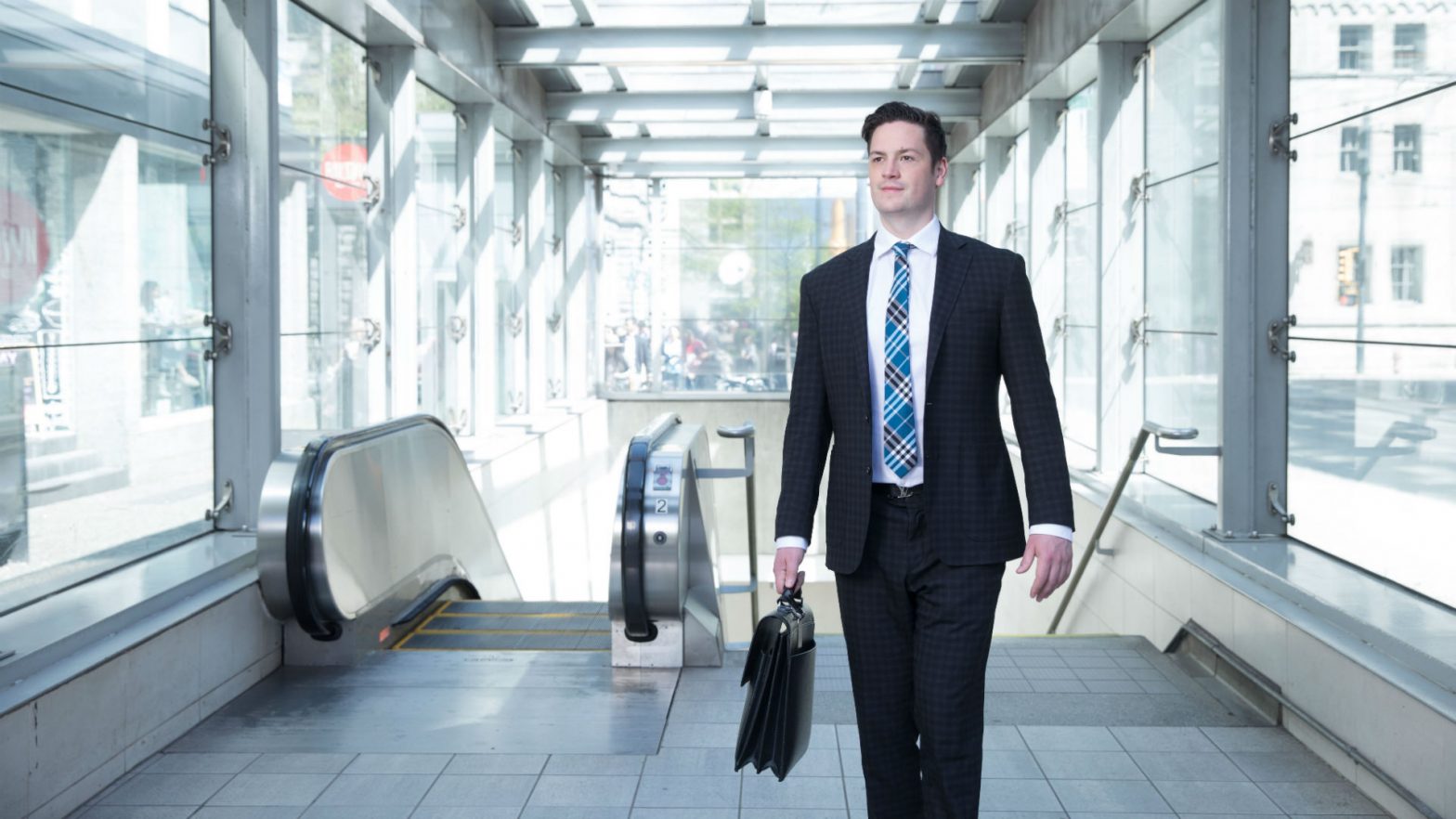
Vancouver Undue Influence Estate Litigation lawyers deal with cases where a property has been transferred to someone or a Will has provided a bequest to someone who was in a position to influence the deceased person to make the “gift”. But many cases involve gifts to family members who have a close relationship with the deceased. How do courts decide Vancouver Undue Influence Estate Litigation cases? In today’s blog, Fraser MacLean explains the test for “undue influence” that might set aside a gift.
In a nutshell, undue influence is the situation where a person is pressured to perform a legal act, usually involving money or an asset of value, and where that person does not truly wish or intend to perform that act.
BC WESA Legislation has shifted the onus of disproving undue influence to the person who has received the gift under the Will where a position of domination and dependence exists between the person who made the Will and the beneficiary.
Vancouver Undue Influence Estate Litigation 1 877 602 9900
In Gosselin v. Ramsay Mr. Justice Harvey dismissed a claim to set aside a conveyance of real property by a deceased based on undue influence and held:
- The deceased had the capacity and donative intent to provide housing to a couple when he instructed a realtor to be hired.
- He made clear his intention to place the home in their names without any restriction or safeguards relating either to his future care or any reversionary interest in the event the friendship between him and the receiving couple failed.
- he confirmed the intent to make a gift when he altered his will in July 2015 to provide for a transfer of his interest of Furrer Road upon his death together with the discharge of the mortgages payable.
- his lawyer the transaction made all proper inquiries and was satisfied that Roland was acting independently, understood the nature of the transaction he was instructing Mr. McLeod to perform and gave a plausible explanation for why he was doing it knowing, as he did, that it would upset his relatives.
- after the gift, the deceased was able to and is able to provide for himself during his lifetime and to adequately provide for his now lawful heirs
Vancouver Undue Influence Estate Litigation – What Are The Rules For Undue Influence? 1 877 602 9900
[201] In Longmuir v. Holland, 2000 BCCA 538 at para. 71, our Court of Appeal described undue influence as “influence which overbears the will of the person influenced so that in truth what [he] does is not his … own act”. In Geffen v. Goodman Estate, [1991] 2 S.C.R. 353 at 369, the Court cited Allcard v. Skinner (1887), 36 Ch. D. 145 at 171, where Cotton L.J. set out two forms of undue influence:
First, where the Court has been satisfied that the gift was the result of influence expressly used by the donee for the purpose; second, where the relations between the donor and donee have at or shortly before the execution of the gift been such as to raise a presumption that the donee had influence over the donor.
What then must a plaintiff establish in order to trigger a presumption of undue influence? In my view, the inquiry should begin with an examination of the relationship between the parties. The first question to be addressed in all cases is whether the potential for domination inheres in the nature of the relationship itself. This test embraces those relationships which equity has already recognized as giving rise to the presumption, such as solicitor and client, parent and child, and guardian and ward, as well as other relationships of dependency which defy easy categorization.
[221] The Supreme Court of Canada goes on in Geffen at 378-379 to state that the second phase of the inquiry “involves an examination of the nature of the transaction.” In the case of a gift, “the concern of the court is that such acts of beneficence not be tainted. It is enough, therefore, to establish the presence of a dominant relationship.”
Fraser MacLean looks forward to helping you with any questions you may have concerning Vancouver Undue Influence Estate Litigation.








